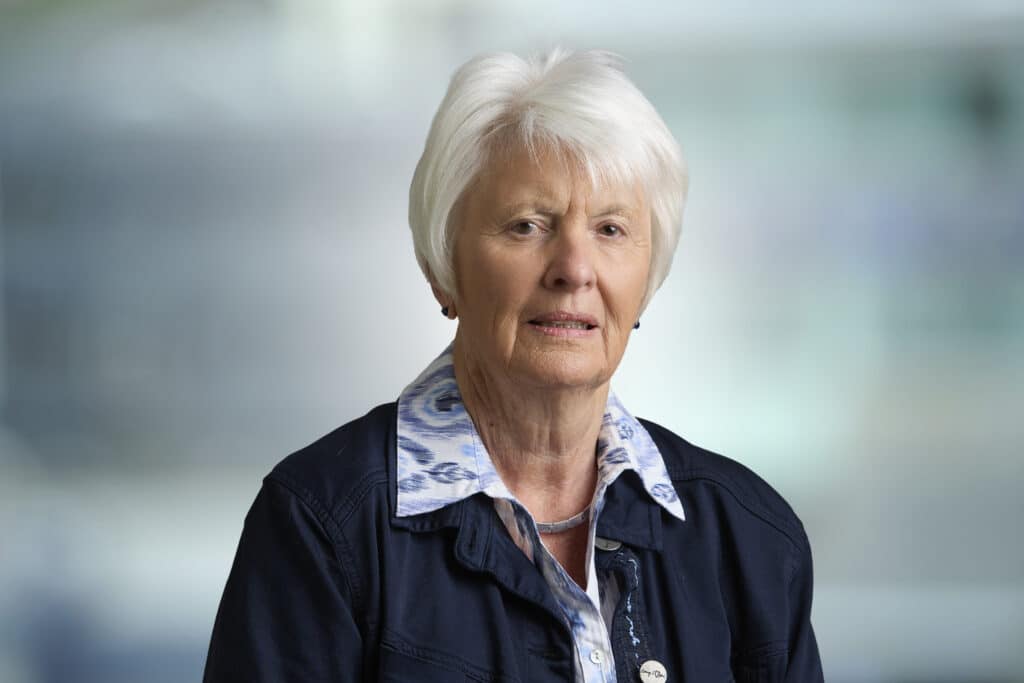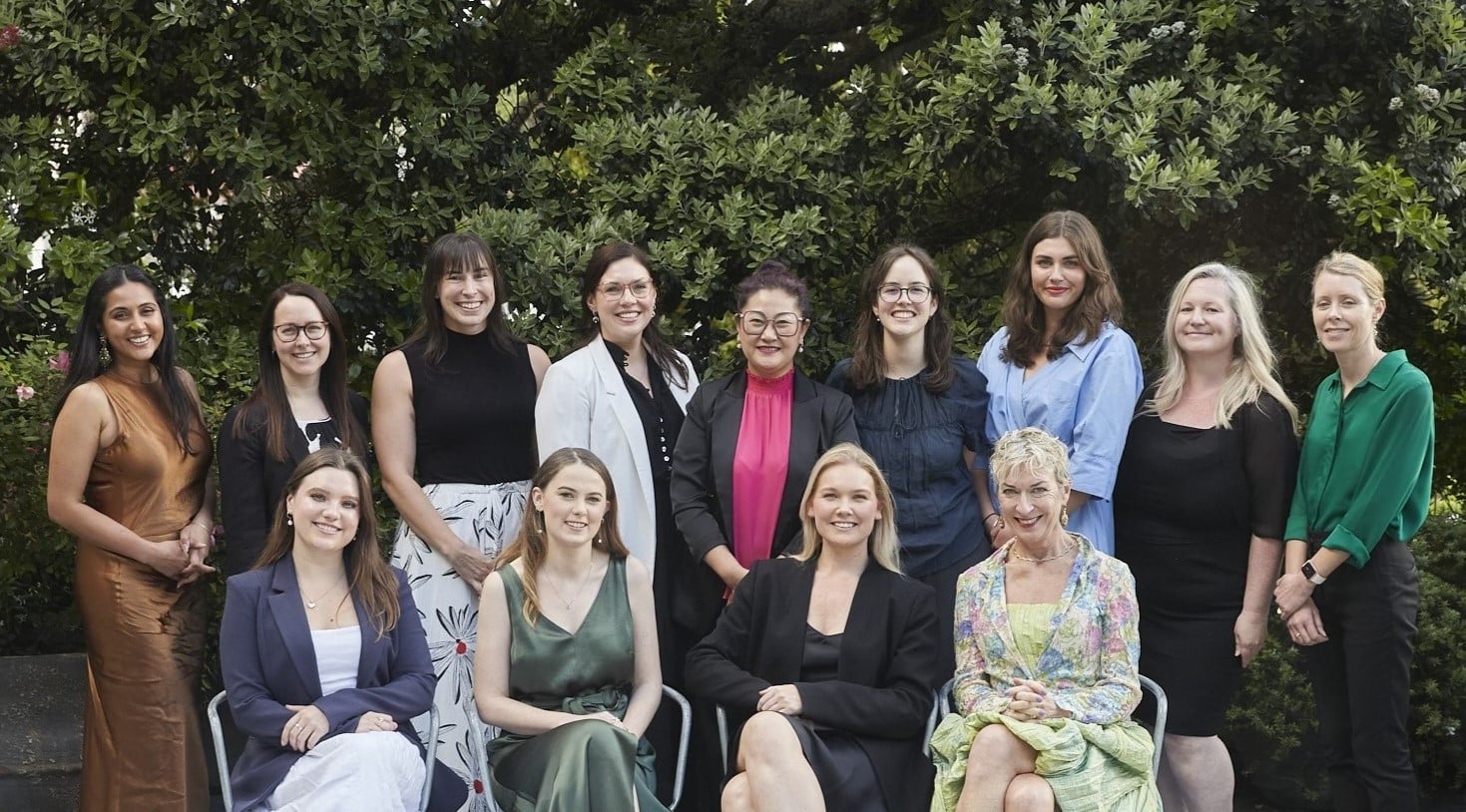Founding member and Vice-President in 1984

Margaret Wilson DCNZM played an instrumental role in forming AWLA.
While completing university studies and a research paper focusing on areas such as unions, industrial relations and the Arbitration Court (now referred to as the Employment Court), Margaret observed the importance and the power of collectivity.
At the same time, Margaret was involved and utilising her legal skills in the feminist movement. Margaret was interested in how transformational change to the law could occur to address inequity. The rule of law must be preserved, and meaningful change requires persevering through proper procedure, this required identifying how to influence decisions as it was not enough to say that it was unfair.
Margaret’s interests in the power of the collective voice and transformative legal change to address gender inequity came together igniting her passion which led to a trailblazing career in law and politics.
Margaret spent time practising law before stepping away to focus on her interests in the intellectual pursuit of transformative legal change. She recalls that her time in practice was a constant battle of having to justify herself as a woman lawyer. The difficulties were relentless for women lawyers in the 1970s and 1980s.
Turning to academia, Margaret created and taught the country’s first women in the law university paper in the early 1980s. This resulted in an outcry from some male students who demonstrated outside her classes. Margaret recalls several of her colleagues were also unsupportive.
Aspiring to create meaningful change in the legal profession, Margaret was involved with the Women in the Law Research Foundation. This group brought together like-minded women who contributed to submissions and research.
AWLA formed as a more practical approach from the intellectual pursuit of the Research Foundation. At this time there was some support for women lawyers from men involved with the NZLS, however they were few and far between. Margaret recognises the important work the NZLS tackled in comparison to other professions, for example in areas such as harassment.
AWLA provided an important collective and distinctive voice for women lawyers, where they could channel their frustrations into a platform for change. It created a safe space for women lawyers to support each other in their experiences.
Margaret’s focus has always been on employment, as women can only be authentically equal and independent with financial independence. This is achieved through equal pay and employment opportunities. This echoes through into areas such as matrimonial property, where women need to be getting the fair share for the work they do. The economy needs women to prosper, yet women are not yet treated as if they are an essential part.
Since the conception of AWLA, meaningful progress has been made, however the fundamental challenges remain. Technological advancement has assisted in spreading important ideas, however it does not fundamentally engage at the community level required to manifest significant change.

